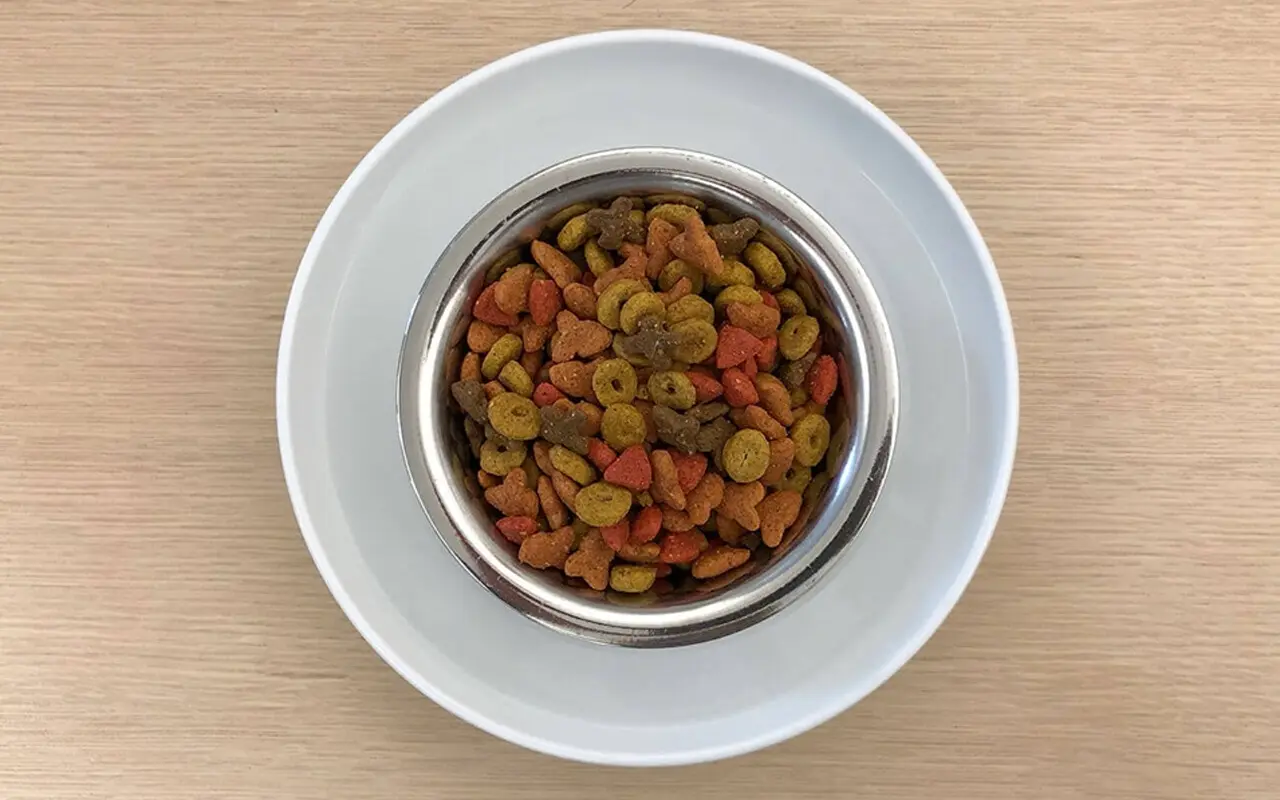Helping Get Rid of Ants
Ant invasions can be tricky – requiring a combination of cleaning, on-the-spot treatment, baits, and barriers to help keep ants out of your home.
Powered by the SC Johnson Center for Insect Science®
Ant 101
The SC Johnson Center for Insect Science™ has spent 65 years in insect science research. Read below to find advice from our experts on ways to help protect your family and home from uninvited pests.
Quick tips for getting rid of ants
A colony of ants making themselves at home in your kitchen can be downright unappetizing. Take back control of your home with these simple tips:
- Help kill the ants you see with an insecticide spray or aerosol labeled for killing ants
- Use ant baits to help kill the ants you don’t see that are hiding in their nest
- Be sure to read the label for best results
Expert tip
Do not place baits on or near areas that have been treated with an insecticide spray because ants traveling over sprayed areas may die before they have a chance to bring the bait back to the colony and kill the entire nest. And never spray insecticide over ant baits or the ants may not eat the bait.
Cleanliness is next to antlessness
The best way to help prevent ants is by eliminating the things that attract them, like spills, stray crumbs, dirty dishes, and exposed food.
- Clean up food and drink spills
- Store food in sealed, air-tight containers
- Avoid leaving dirty dishes in the sink
- Wipe down sticky jars filled with sweet things like honey and jam before placing them in the pantry
- Regularly sweep and mop floors, especially in the rooms where food is eaten
- Ants are attracted to water, so keep surfaces in your home dry, including sinks
- Seal cracks and crevices to help prevent ants from entering
- Use a bug barrier product around doors, windows, and along your home’s foundation to help keep ants out
Ants love your pet’s food

Because ants will feast on pet food, it’s important to keep kibble in pet dishes only when pets are eating it. If that’s not realistic, try placing pet food bowls in a slightly larger bowl that has been filled with water. By doing so, you’ll create a moat that ants can’t easily cross.
Kill the Colony
Ants are attracted to food, which means indoor ants are often found in the kitchen. Place ant baits near the kitchen, pantry, dining areas, and places where ants are most likely to feed. Ant baits aren’t designed to trap ants. Instead of killing them on contact, the baits are designed to let ants feed on them.
After the ants feed on the bait, they return to their nest and transfer the bait to the queen and others, thereby killing the entire colony. So, if you see ants crawling around the bait, don’t kill them before they return to the colony! Give the product time to work in order to help get rid of ants in the kitchen and around the house.
Build Barriers
The best way to help keep ants out of your house is to prevent them from entering in the first place. Make sure you seal cracks, especially those leading into the kitchen or pantry. Seal windows, doors, and cracks with caulk to help keep ants from marching in. The three most common home entry points are through unsealed cracks and crevices, the open space between the door and the floor, and vents or utility pipes.
The lifespan of an ant and ant colony
The average life span of an ant is only a few weeks. However, the ant colony itself will live for generations, replenishing their numbers.
Find solutions to help get rid of ants
Explore our family of products designed to help you get tough in the fight against ants and keep them from invading your home.
Related

How to Help Prevent Bugs
Bugs invade homes looking for food, water, or shelter. By eliminating the things that attract insects, you can help prevent these critters from coming inside.

What Are Different Types of Ants and What Do They Eat
Over 12,000 species of ants have been identified, however only a small handful are a threat to your home. Getting rid of ants starts by understanding their behavior and their feeding habits.

How Weather Affects Insects
Find out how outdoor temperatures and rain levels affect insects, including their behavior, reproduction rates, feeding habits, and more. Plus, learn what weather conditions drive bugs inside for shelter.

